Refine listing
Actions for selected content:
1299800 results in Books

Leadership for Sustainability
- Myth, Metaphor and Narrative in Governance
- Coming soon
-
- Expected online publication date:
- April 2026
- Print publication:
- 30 April 2026
-
- Book
- Export citation

Philip II of Spain and the Power of Money
- Between Parliament and Bankers
- Coming soon
-
- Expected online publication date:
- April 2026
- Print publication:
- 30 April 2026
-
- Book
- Export citation
Markov Decision Processes and Reinforcement Learning
- Coming soon
-
- Expected online publication date:
- April 2026
- Print publication:
- 30 April 2026
-
- Book
- Export citation
The Cultural Shaping of Emotion
- Coming soon
-
- Expected online publication date:
- April 2026
- Print publication:
- 30 April 2026
-
- Book
- Export citation
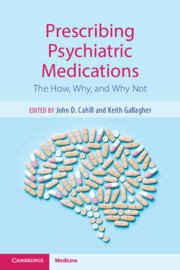
Prescribing Psychiatric Medications
- The How, Why, and Why Not
- Coming soon
-
- Expected online publication date:
- April 2026
- Print publication:
- 30 April 2026
-
- Book
- Export citation
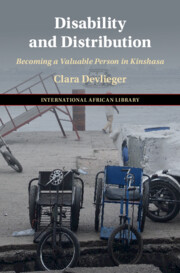
Disability and Distribution
- Becoming a Valuable Person in Kinshasa
- Coming soon
-
- Expected online publication date:
- April 2026
- Print publication:
- 30 April 2026
-
- Book
- Export citation

International Law
- Coming soon
-
- Expected online publication date:
- April 2026
- Print publication:
- 30 April 2026
-
- Textbook
- Export citation

The Cambridge History of International Law
- Coming soon
-
- Expected online publication date:
- April 2026
- Print publication:
- 30 April 2026
-
- Book
- Export citation

Altered Minds
- The Interface of Substances, Virtual Simulations and AI Consciousness
- Coming soon
-
- Expected online publication date:
- April 2026
- Print publication:
- 30 April 2026
-
- Book
- Export citation

Sets and Transfinite Algebra
- Coming soon
-
- Expected online publication date:
- April 2026
- Print publication:
- 30 April 2026
-
- Book
- Export citation
The Cambridge Handbook of AI in Civil Dispute Resolution
- Coming soon
-
- Expected online publication date:
- April 2026
- Print publication:
- 30 April 2026
-
- Book
- Export citation
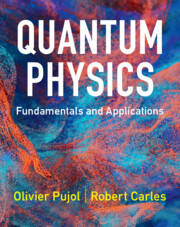
Quantum Physics
- Fundamentals and Applications
- Coming soon
-
- Expected online publication date:
- April 2026
- Print publication:
- 28 February 2026
-
- Textbook
- Export citation
The Perks of Being a Bookworm
- The Science of the Benefits of Reading
- Coming soon
-
- Expected online publication date:
- April 2026
- Print publication:
- 30 April 2026
-
- Book
- Export citation

Aristotle on Justice
- The Virtues of Citizenship and Constitutions
- Coming soon
-
- Expected online publication date:
- April 2026
- Print publication:
- 30 April 2026
-
- Book
- Export citation
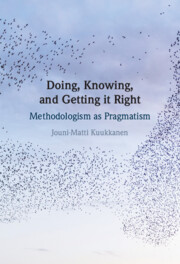
Doing, Knowing, and Getting it Right
- Methodologism as Pragmatism
- Coming soon
-
- Expected online publication date:
- April 2026
- Print publication:
- 30 April 2026
-
- Book
- Export citation
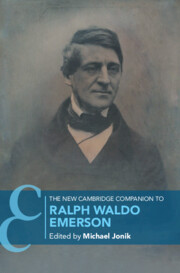
The New Cambridge Companion to Ralph Waldo Emerson
- Coming soon
-
- Expected online publication date:
- April 2026
- Print publication:
- 30 April 2026
-
- Book
- Export citation

The Cambridge Handbook of Behavioural Data Science
- Coming soon
-
- Expected online publication date:
- April 2026
- Print publication:
- 30 April 2026
-
- Book
- Export citation

Iran's Minorities
- Social Diversity and State Power
- Coming soon
-
- Expected online publication date:
- April 2026
- Print publication:
- 30 April 2026
-
- Book
- Export citation

The Economics of Language
- How Large Language Models Can Reshape Behavioural Economics
- Coming soon
-
- Expected online publication date:
- April 2026
- Print publication:
- 30 April 2026
-
- Book
- Export citation
The Idea of Cultural Heritage
- A Liberal Perspective
- Coming soon
-
- Expected online publication date:
- April 2026
- Print publication:
- 30 April 2026
-
- Book
- Export citation
